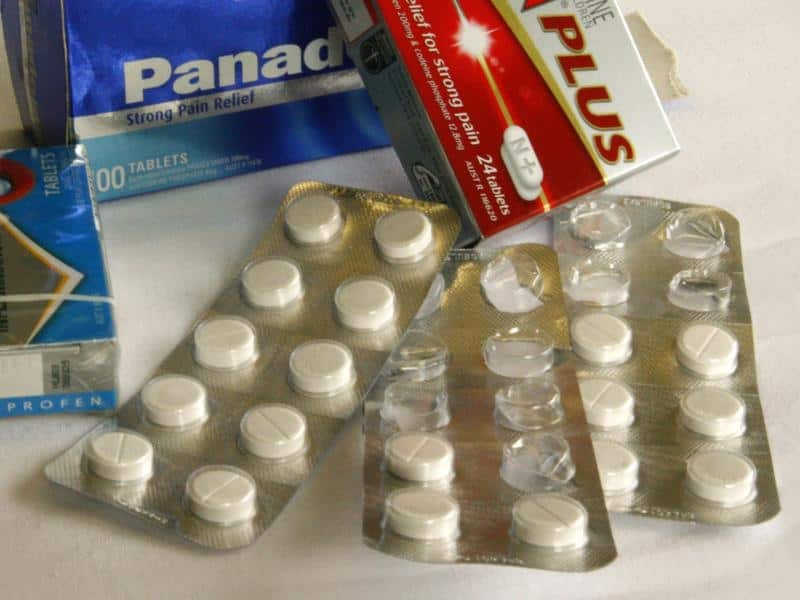Around 150 people a day in Australia are taken to hospital to due opioid use, often because of a lack of awareness – prompting the release of a guide for patients informing them about potential side effects.
Concerned about the misuse of pharmaceutical opioids, the National Prescribing Service, also known as NPS MedicineWise, which is a government-funded not-for-profit, released a guide for patients. There have been rising rates of medication-related deaths in Australia with the latest data from 2017, showing there were over 1600 unintentional drug-related deaths, 85 per cent those involving opioids.
Dr Meredith Craigie is the Dean of the Faculty of Pain Medicine of the Australian and New Zealand College of Anaesthetists and said that when combined with other medications,  "We know that if people continue to take those opioids the risk increases as well. So we want people to recognise that they are on a strong medication that has the potential for causing harm. But if we use them sensibly that can also be very helpful particularly in managing acute pain,” she said.
"We know that if people continue to take those opioids the risk increases as well. So we want people to recognise that they are on a strong medication that has the potential for causing harm. But if we use them sensibly that can also be very helpful particularly in managing acute pain,” she said.

There have been rising rates of medication related deaths in Australia. Source: AAP
There are concerns that not everyone gets a pain management plan when they leave the hospital - some patients are simply told to take opioids as needed with little further information.
Dr Craigie said hospital staff will be now be encouraged to provide patients on discharge with a two-page guide on how to manage their pain and opioid medicines, informing them of how best to use them for short-term pain, as well as the risk of potential side-effects like dependence.
"For a lot of people, they are what we call opioid-naive. They go into hospital not taking opioids, they may not necessarily have any pain management plan, but we know after some types of surgery people continue to use their opioids for long periods of time, well after any tissue healing should have occurred, that is really independent of the sort of surgery they're having."
The guide has been developed in consultation with the Queensland Clinical Senate, supported by the Queensland Opioid Stewardship Program and the Society of Hospital Pharmacists. Hospital pharmacists play a key role in educating people, especially when they are first
Hospital pharmacists play a key role in educating people, especially when they are first

Hospital staff will be now be encouraged to provide patients on discharge with a two-page guide on how to manage their pain and opioid medicines. Source: AAP
Chief executive of the Society of Hospital Pharmacists Kristin Michaels has called for an awareness campaign similar to the one seen with antibiotics, educating people about the potential risks of opioid medications.
"We had a problem with antibiotics. We know that this is global not just in Australia, but we know that we have an issue that antibiotic resistance is building,” she said.
“Many, many years ago now, we made a decision to put anti-microbial stewardship programs in place in hospitals. And that effectively means that there is somebody in charge of monitoring those medications in the hospital, monitoring what happens in terms of the prescriptions in terms of the dispensing and in terms of what happens when people leave the hospital.
“We're saying now there is an argument to look at an opioid stewardship program that would do a very similar thing."
Medical experts have warned against abruptly stopping opioid medication, saying people need support and a plan for reducing their usage.
"I think people who are often prescribed opioids thinking they won't be the person that gets addicted. It's really important that people are aware that it is a side-effect that can affect anyone and people need to better manage, and be better informed about the risks associated with taking these medicines,” Dr Robyn Lindner, from the NPS MedicineWise, said.
She said side effects and dependency can affect anyone.
Opioid use has come under focus internationally:between 1997 and 2017 were linked to opioids, according to government data.
A number of multi-million dollar lawsuits in the U-S remain ongoing, with a court ordering Johnson and Johnson and its subsidiaries earlier this year to pay ((AUS)) $845 million to help address the problem in Oklahoma.


